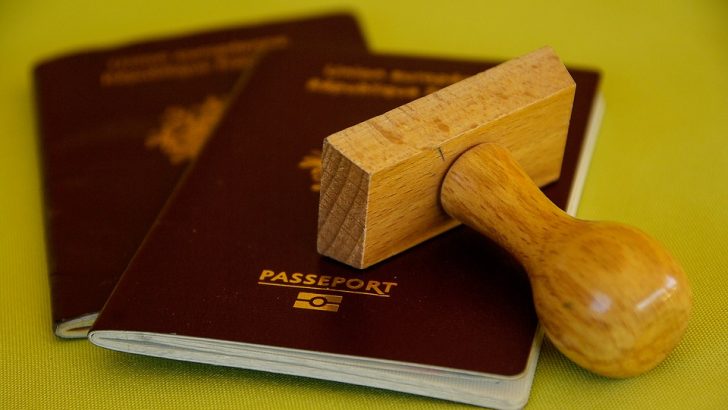Many priests and religious applying to come to Ireland to minister or study are being left with a bitter taste rather than the much-vaunted ‘céad míle fáilte’, an investigation by The Irish Catholic has revealed.
The Department of Justice has been accused of tightening up rules on missionaries in a way that is discriminatory and overly-strict.
A division of the department stopped issuing Minister of Religion (MoR), Stamp three, visas for almost four months from January last year as they reviewed their scheme.
The new rules were enforced in April 2018, and the investigation found they caused chaos for religious orders and criticism that they were far too “stringent” and unworkable.
According to several leaders of Catholic religious orders they have experienced many roadblocks that caused severe delays to the process, with some members overseas being denied a visa.
However, according to the Government body in charge of the MoR visa, the new procedures are meant to “streamline” the process rather than inhibit.
Speaking to The Irish Catholic, Regional Representative of the Mill Hill Missionaries, Fr Philip O’Halloran said the new procedures were “stringent” and had caused confusion among some orders, and said religious couldn’t apply for a student visa for Loreto House, reiterating that they’ve experienced “some issues” with the MoR.
Visas
“Let’s put it this way, they are stringent, first of all you say you have someone coming in, the Loreto House programme is a non-credited formation Ministry Programme, so in other words they’re not registered as an academic institution so their students, who are priests, brothers and sisters usually, cannot register for student visas. Nuns have to apply for a Minister of Religion visa, so then you have to apply for the pre-clearance,” he said, which forces them to go through the MoR process.
He added that one of the rules for the preclearance application stipulates the need for a full colour copy of the applicant’s current passport including all the pages, with the same applying for all their previous passports.
“Let’s say you have an older man in his 50s or 60s coming for an extended break. He’ll be here longer than a tourist visa so he’ll apply for the Minister of Religion, whether he’s going to do preaching or work or whatever,” said Fr O’Halloran, “but then he has to produce a copy of every page, blank and all, of his passports, every passport since the first passport he’s had.”
For the full investigation see Visa vexation at new scheme for religious


 Chai Brady
Chai Brady
